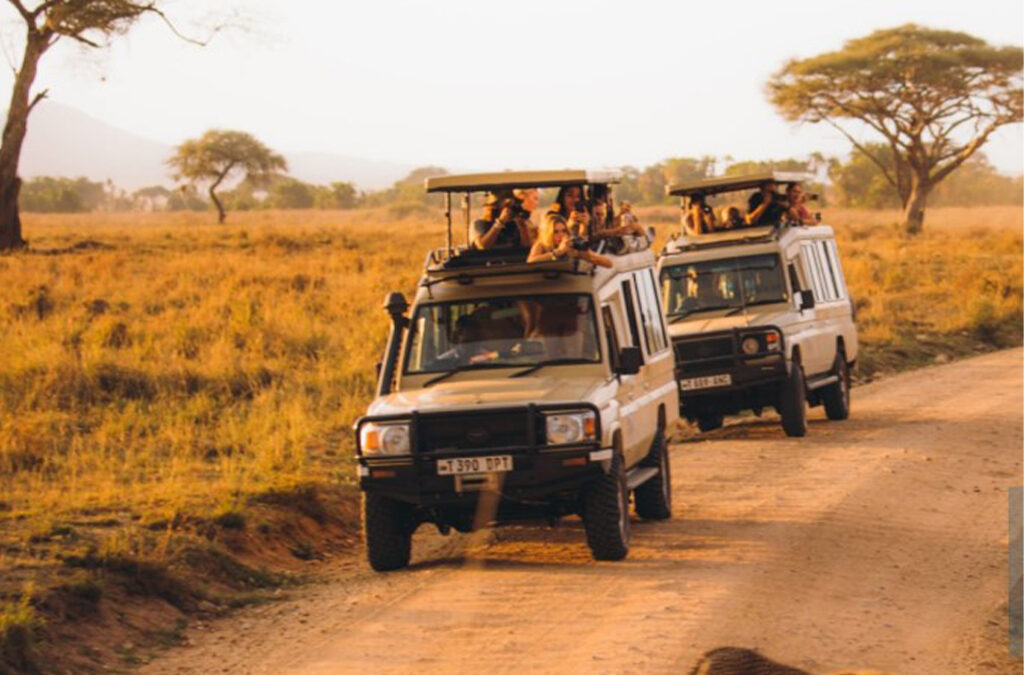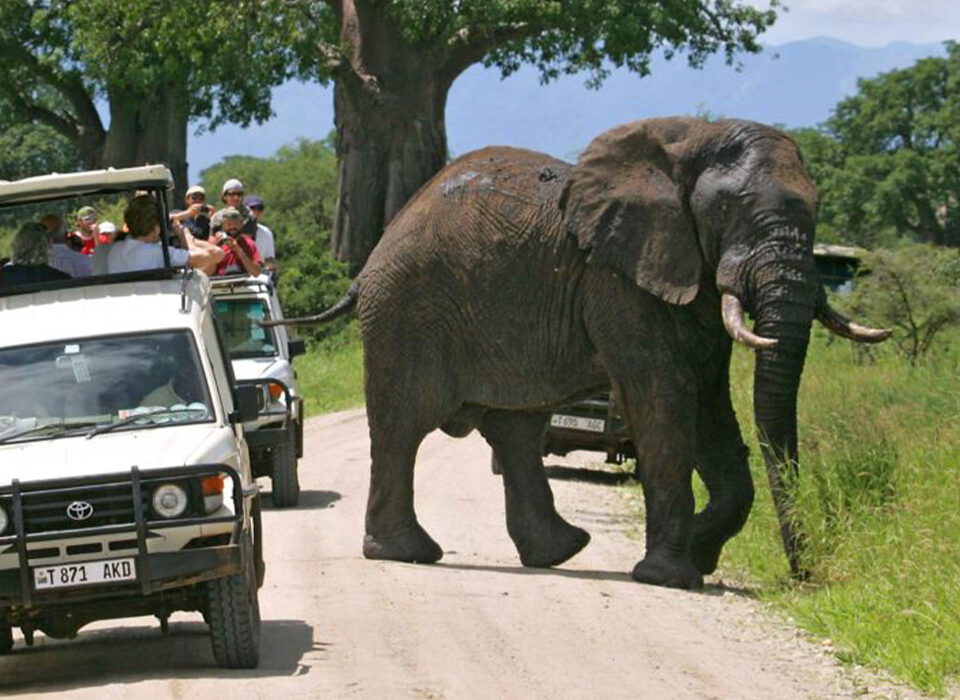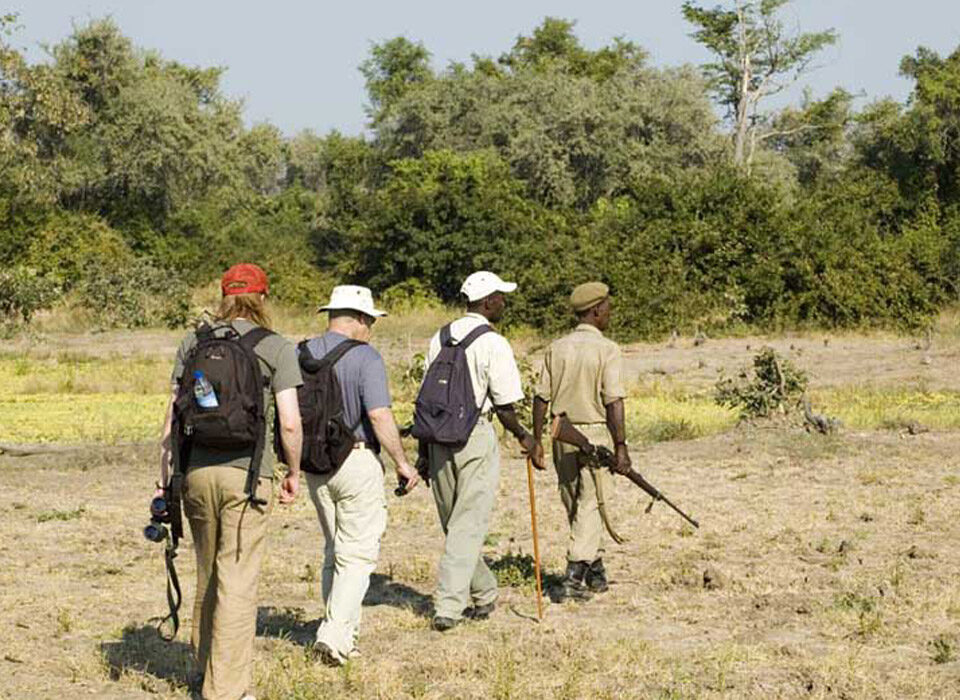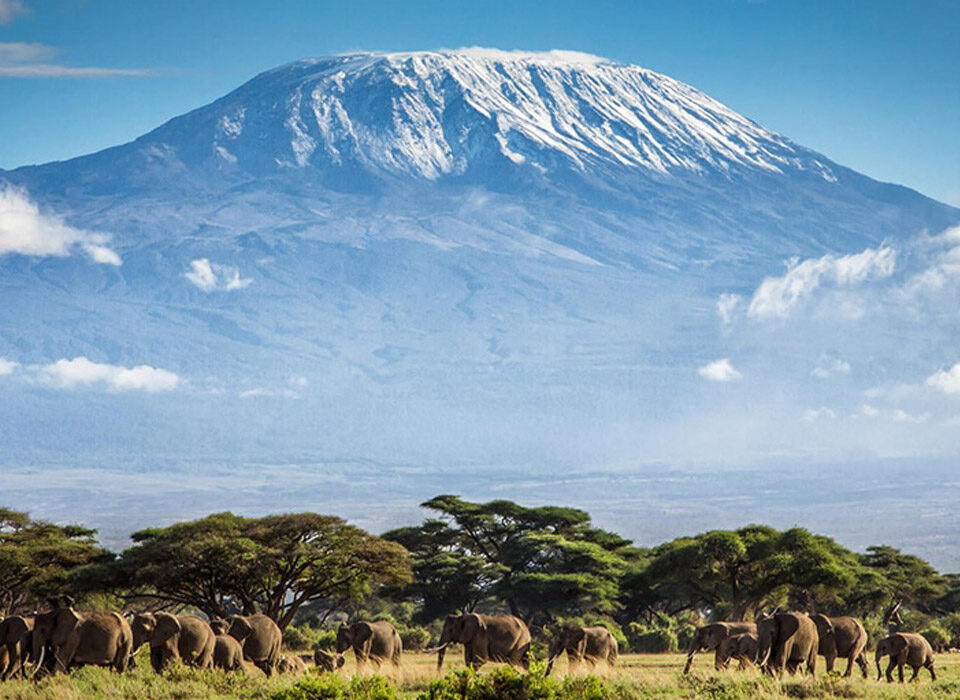
When Is great Migration In Tanzania?
June 17, 2025
Are there Discounts for Gorilla Permits in Low Season?
June 20, 2025Best Cultural Experiences in Tanzania: Discovering the Heartbeat of Africa
Tanzania is not just a land of wild safaris and majestic landscapes. It is a soulful mosaic of vibrant traditions, colorful tribes, age-old rituals, and warm-hearted people. To truly experience Tanzania is to go beyond its national parks and pristine beaches and immerse yourself in its living cultures. From the rhythmic dances of the Maasai to the centuries-old Swahili coastal heritage, Tanzania’s cultural encounters are as enriching as they are unforgettable. If you’re seeking a journey that connects you deeply with people and their stories, then Tanzania offers cultural experiences that will ignite your spirit and open your heart.
1. Walk Among Warriors: The Maasai Cultural Experience
The Maasai people are one of Tanzania’s most iconic tribes, known for their striking red shukas (robes), intricate beadwork, and proud warrior traditions. Visiting a Maasai boma (homestead) gives you a rare glimpse into their pastoral lifestyle. Here, you can join in traditional jumping dances, listen to oral storytelling around the fire, learn how to start a fire without matches, and hear about their deep relationship with cattle.
More than just a photo opportunity, engaging with the Maasai teaches you resilience, pride, and a unique worldview rooted in coexistence with nature. Many cultural villages, such as those near Ngorongoro or Lake Natron, are now run by Maasai themselves, ensuring authenticity and respect for their way of life.
2. Taste and Cook with Locals in Arusha
Arusha, the gateway to northern Tanzania’s safaris, is also a hub for cultural exchanges. One of the most engaging experiences here is participating in a local cooking class. You begin by walking through a bustling market, learning how to select fresh produce, spices, and other ingredients. Then, under the guidance of local women, you learn to prepare traditional dishes such as ugali, pilau, or nyama choma.
Beyond the food, it’s a chance to understand the daily lives of Tanzanian families and share in their laughter, challenges, and joy. This hands-on cultural activity leaves a deeper impression than any restaurant meal ever could.
3. Visit a Hadzabe Hunter-Gatherer Tribe near Lake Eyasi
For those drawn to ancient cultures, visiting the Hadzabe people near Lake Eyasi is a journey into humanity’s earliest roots. The Hadzabe are among the last remaining hunter-gatherer tribes in Africa. Their language is a clicking dialect, and their survival skills are remarkable.
You can join them in a morning hunt using handmade bows and arrows or gather wild fruits and roots. While their lifestyle may seem worlds apart from modern life, it’s a powerful reminder of human adaptability and simplicity. The Hadzabe have no written language or formal leadership, yet they live in harmony with the environment in ways that modern societies can learn from.
4. Dive into Swahili Heritage in Zanzibar
The island’s Stone Town, a UNESCO World Heritage Site, is a labyrinth of narrow alleys, carved wooden doors, spice-scented air, and centuries of layered history. Guided tours here reveal ancient mosques, sultan’s palaces, and the poignant remnants of the slave trade. Zanzibar lies in its people. Participate in a Swahili cooking workshop, learn traditional dhow boat building, or attend a Taarab music performance. Every encounter on this island tells a story of connection, trade, resilience, and creativity.
5. Chagga Cultural Tours on the Slopes of Mount Kilimanjaro
The Chagga people live on the fertile foothills of Mount Kilimanjaro. Visiting their communities is a chance to explore terraced farms, learn about traditional banana beer brewing, and step inside centuries-old underground tunnels once used to hide from Maasai raids.
Many Chagga guides offer tours that include visits to local schools, churches, and cooperatives where women make crafts or weave baskets. You’ll hear about how their lives are intertwined with the rhythms of the mountain and how they’ve adapted modern life into their traditional structures.
6. Dance and Drum with the Iraqw in Karatu
Near the town of Karatu, en route to Ngorongoro Crater, the Iraqw people welcome visitors to experience their unique language, architecture, and music. Their homes are made of clay and wood, designed to be cool in the hot sun and warm in the chilly highland nights.
Participating in an Iraq cultural program often includes traditional storytelling, drumming circles, and dance performances that are as lively as they are heartfelt.
7. Explore the Sukuma Museum in Mwanza
The Sukuma are Tanzania’s largest ethnic group, and their influence is most felt in the Lake Victoria region. The Sukuma Museum in Bujora, near Mwanza, is an excellent cultural stop that combines history, art, and performance. Here, you can see giant royal drums, traditional thatched homes, ceremonial costumes, and even watch spirited traditional dances performed with enormous snake-like masks.
The museum celebrates the creativity of the Sukuma and showcases how cultural preservation can be dynamic and fun. Visiting this site supports local heritage and gives visitors a broad perspective on Tanzanian identity.
8. Enjoy Cultural Festivals and Celebrations
The Zanzibar International Film Festival (ZIFF), held in July, blends film, music, art, and performance from across Africa. The Bagamoyo Festival of Arts and Culture celebrates dance, drama, and storytelling in one of East Africa’s most historic towns.
Attending such events allows you to see how tradition meets modernity, how young Tanzanians express identity through art, and how proud they are of their heritage. These festivals are not just entertainment they’re celebrations of life, resilience, and unity.
9. Learn Swahili and Break Cultural Barriers
One of the most meaningful cultural experiences you can have in Tanzania doesn’t require a tour or program just a willingness to learn. Taking time to learn basic Swahili opens countless doors. A simple Jambo! or Asante sana brings wide smiles and helps bridge gaps between strangers.
10. Stay in Community-Run Cultural Lodges
Across Tanzania, community-based tourism is growing, offering visitors the chance to stay in locally owned eco-lodges and cultural camps. These accommodations are built using local materials, employ local staff, and funnel profits back into the communities.
Places like the Olpopongi Maasai Cultural Village or Mto wa Mbu Cultural Campsite near Lake Manyara provide immersive stays where you live among locals, share meals, and take part in daily life.




